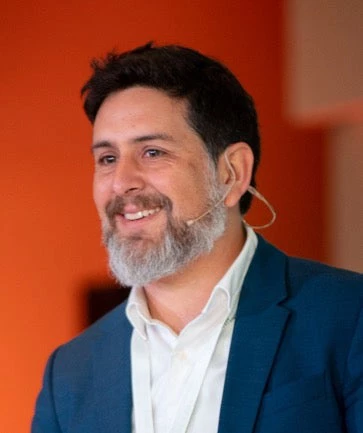 Chart of ideas for resilience in the Caribbean region/ World Bank
Chart of ideas for resilience in the Caribbean region/ World Bank
The 2019 Atlantic hurricane season has ended; in fact, it officially ended on November 30. This year, the Caribbean experienced one very destructive event, Hurricane Dorian. Dorian was a very unusual hurricane – one of the most powerful Atlantic hurricanes to make landfall, it struck the islands of The Bahamas on September 1, blasting winds of up to 185 mph and inundating the northern Bahamas islands of the Abacos and Grand Bahama. Over 60 people died, hundreds were displaced and several areas incurred significant damage, making this the costliest event for The Bahamas on record.
With climate change, extreme events such as these are expected to be the “new normal” for many small island developing states. It will take coordination and action from multiple stakeholders to effectively address the threats posed by natural hazards and the effects of climate change.
But looking back to the beginning of this year’s hurricane season, we can bring back great memories where stakeholders came together. . . memories such as the Understanding Risk (UR) Caribbean Conference held from May 27 to 31 in Barbados. Themed “From Risk to Resilience: A Foundation for Action”, UR Caribbean was financed by the European Union in the frame of the ACP-EU Natural Disaster Risk Reduction Program and the Global Facility for Disaster Reduction and Recovery and organized by the World Bank, the Caribbean Disaster Emergency Management Agency (CDEMA), and the University of the West Indies Cave Hill Campus.
It brought together a variety of actors, including government officials, academia, private sector companies, disaster management practitioners, donors, and international organizations to share ideas and lessons learned on building resilience in the Caribbean. With close to 500 participants, over 20 countries represented, 24 sessions, 13 workshops, several cultural experiences and risk data exhibits, the conference culminated in one cRISKet game for one resilient Caribbean.
Results of the Conference were seen almost immediately. Participants increased their networks, partnerships were created, trust funds were launched, and ideas for new projects were sparked (for example the medical initiative in Sint Maarten). The rooms of the parallel sessions were always full, with intense discussions around a range of different topics. Interesting debates happened during plenary sessions with donors, private sector companies and government officials. For me, one of the most rewarding sessions was the youth-focused plenary. It was so refreshing and thoughtful to see Caribbean youth ready to take responsibility and act to build a safer future. You can see videos and photos from the event and download the Proceedings summarizing the sessions.
Although UR Caribbean was a one-time event, this was just the beginning of a movement led by World Bank and CDEMA to continue to support Caribbean governments and people in building a more resilient Caribbean. Countries convened again from December 2 to 6 in Sint Maarten for the 11th Comprehensive Disaster Management Conference to continue the dialogues. This year’s conference was themed “Safeguarding Our Communities, Livelihoods & Economies” and aimed to bring together all of CDEMA’s partners for five days of intense discussions and workshops to promote disaster preparedness and risk mitigation. Although all of the sessions were timely and informative, the private sector session was particularly insightful, showcasing the journey of the Sonesta Maho Beach Resort (the main conference venue) in recovering from Hurricane Maria’s impacts, whilst maintaining all 900+ employees, and initiatives from Chambers of Commerce across the region in business continuity planning and preparedness.
Thankfully, these critical dialogues and engagements will not end there. In June next year, the United Nations Office for Disaster Risk Reduction will host Latin America and Caribbean countries in Jamaica to continue building resilience in the Caribbean. This is the first time the forum will be held in the Caribbean.



Join the Conversation